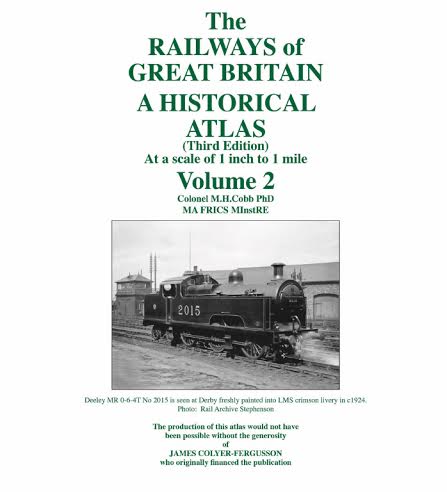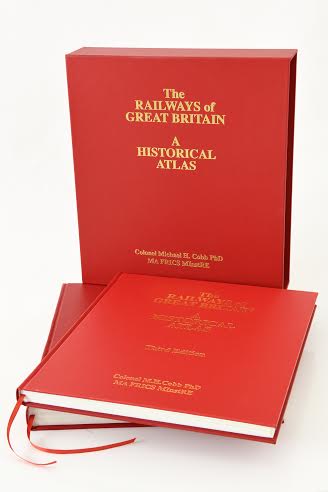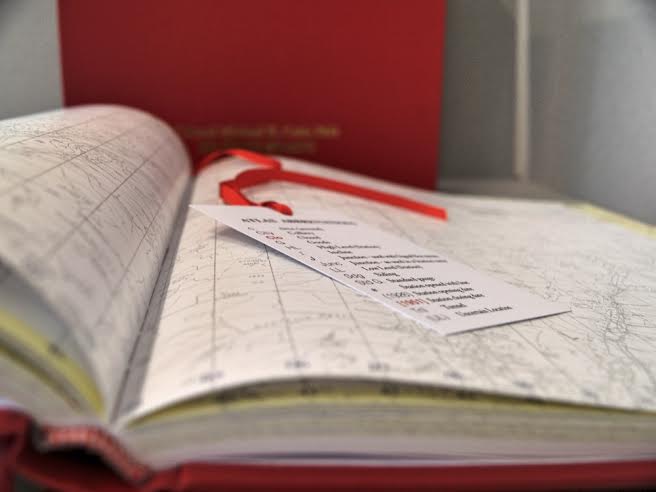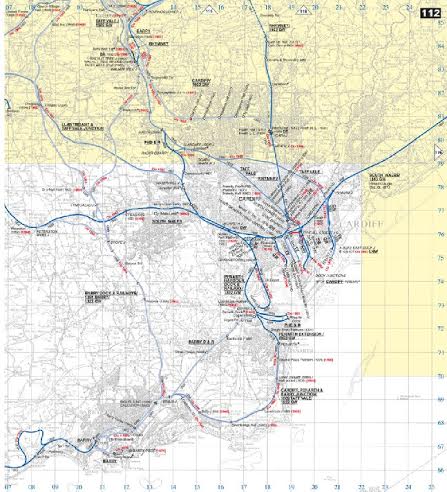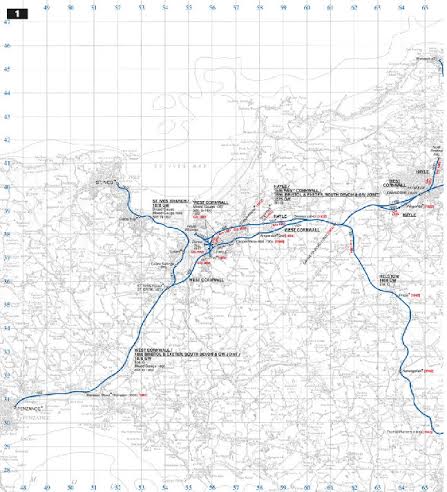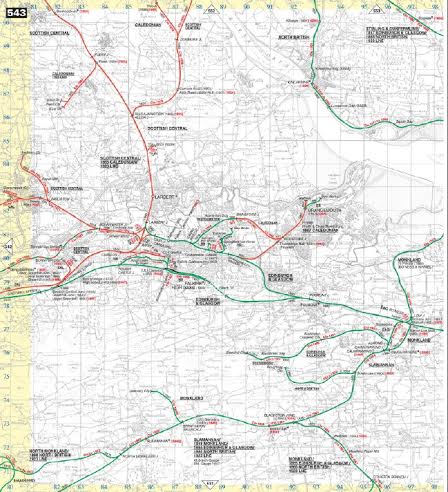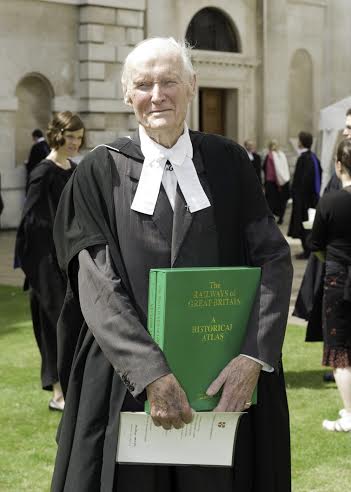 This summer I am awaiting the result of my MA dissertation. It has been a testing year academically, a serious step up from the BA I completed last year. Life as a student has come to an end. My young colleagues will be starting out in their careers, but when I graduate I will be 45 years old.
This summer I am awaiting the result of my MA dissertation. It has been a testing year academically, a serious step up from the BA I completed last year. Life as a student has come to an end. My young colleagues will be starting out in their careers, but when I graduate I will be 45 years old.
The decision to resurrect my aborted academic pursuits came after redundancy and a long summer of doing little else but painting the house and listening to test matches. Job hunting was arduous and unsuccessful. My wife suggested some education and within five minutes of idle googling I had spotted an undergraduate course at the University of Portsmouth in film studies and creative writing – perfect. Term began in less than a month and I had serious doubts whether they would be interested in a middle-aged man with a mixed bag of exam results and two hedonistic years in the early 90s at Swansea University.
Nevertheless they accepted me straight away. I simply had to find some evidence of my A-Level results, apply for funding and buy an A4 pad and a pen.
Induction day was weird. Suddenly surrounded by hordes of nervous and excitable teenagers I felt every inch the outsider. Over the three years I watched them slouching about campus guzzling energy drinks and very occasionally visiting the library. I had dreaded rubbing shoulders with today’s much-maligned youth but I found they were largely a delightful, if somewhat sensitive, bunch. I became something of an essay guru and found much of my free time was spent reading their work providing advice, and correcting their free spirited approach to grammar and punctuation.
The academic life suited me and I did well from the start. I had advantages though, including decades of watching and reading about film as well as more life experience to bring to the creative writing work. The lecturers were awe-inspiring although not all of their audiences were so appreciative. Attendances were poor in the mornings and I saw two people actually nod off in class. My other key asset was a renewed fervor for learning. When I dropped out of Swansea I was weary of lessons and timetables and the real world beckoned with its allure of independence and grown-up city life. Twenty years later I was hungry again.
Lectures and seminars were the highlight of my week. I contributed, took notes and asked pertinent questions. The library was incredible with thousands of books on cinema. Online resources were equally staggering and I immersed myself in as much of it as I could. The student paper provided me with a useful outlet for decades of cinematic ruminations that manifested itself in over forty articles and reviews. The editor was grateful for anyone who could write and published everything I sent him.
When I handed in my bound dissertation on The Existential Hollywood Hero I felt mildly bereaved. Without any vital research to do or articles to write I felt distinctly uneasy at the prospect of re-joining the real world that had looked so enticing in my youth. So with the blessing of a very understanding wife I applied for an MA in Film and Philosophy at King’s College London. The work was much more demanding and the students all exceptionally bright.
Now I am sated. No PhD for me, tempting as it is. Other projects await. Throughout my time at university, puzzled contemporaries would nod politely at my descriptions of the course then ask, “But what are you going to do with it?” They are missing the point. I’ve just spent the last four years having the most fun in my life. Beat that.

